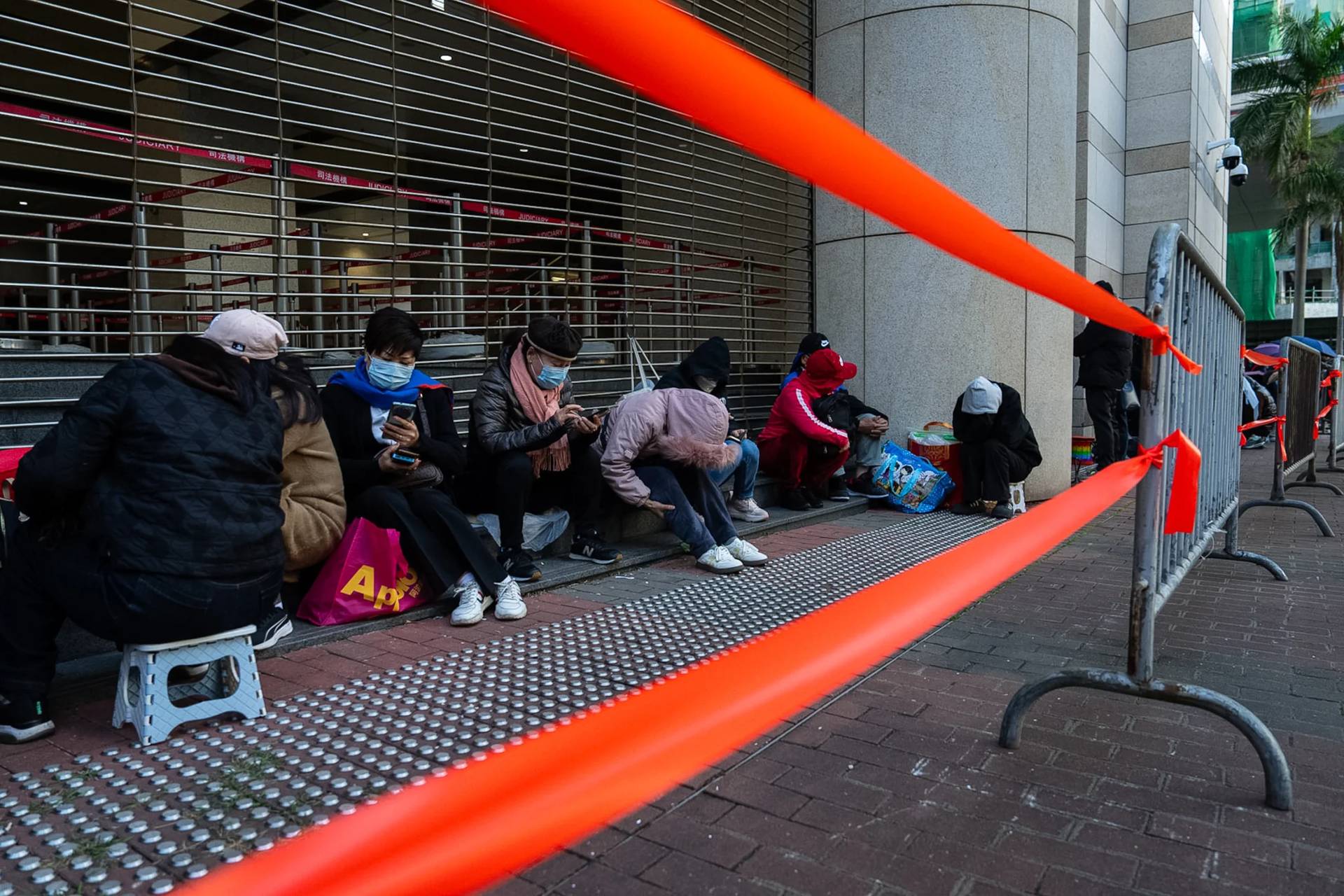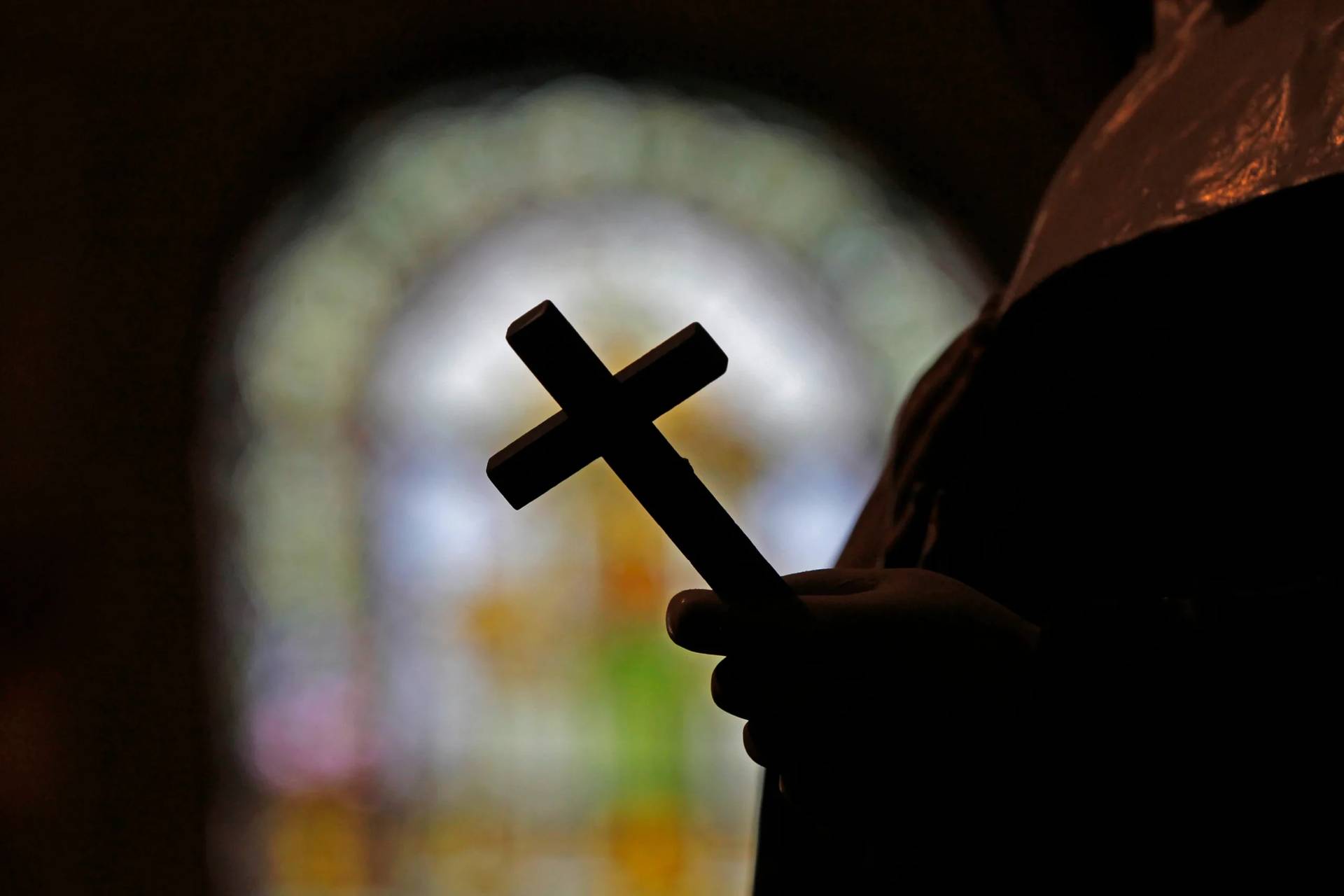NEW YORK — Catholic Relief Services (CRS) is asking the U.S. government to dedicate $12 billion dollars in future COVID-19 relief funding to foreign assistance in ending hunger.
In a new campaign launched on Wednesday, “Lead the Way on Hunger,” CRS is calling on American Catholics to stand in solidarity with those suffering from hunger overseas. The campaign will employ on a two-pronged approach focusing on advocacy and fundraising efforts, both at a governmental level and through personal initiatives.
During a press call on Wednesday, Sean Callahan, president and CEO of CRS, said that he hopes the campaign will “shine a light on what the Church is doing, particularly on hunger,” even in the face of tremendous obstacles stemming from the global pandemic.
“The Church never closed, it didn’t stop its humanitarian assistance in the United States. It didn’t stop its pastoral outreach to communities and it didn’t stop that overseas,” he said. Yet he warned that the situation in the United States and abroad is getting worse, with one in every nine people around the globe going to bed hungry and acute hunger expected to double this year due to COVID-19.

In seeking $12 billion in funding, Callahan described it as a “small, small percentage” to be dedicated to international assistance in comparison to the trillions of dollars in spending by Congress toward domestic relief.
He noted that CRS has a strong bipartisan track record as a faith based partner globally and that during the pandemic, government leaders have relied on CRS to step up its programming in various parts of the globe.
Increasing international aid, Callahan noted, is a way to ensure that “U.S. leadership continues,” noting that the COVID crisis cannot be cured by only focusing on what’s happening inside U.S borders. He warned that if the U.S. isn’t active in providing international resources, there will be new epidemics of measles and malaria that will adversely affect the country.
He characterized the hunger crisis as a “crisis of the welfare of the next generation,” adding that there are 145 million children in the world that are acutely malnourished — a figure twice that of the number of children living in the U.S. alone.

Callahan said that such figures are “an assault on human dignity and families” and goes “against everything that we are as Catholics.”
Daniel Mumuni, a CRS field worker in Sierra Leone, described a country that has been ravaged by Civil War and the Ebola epidemic — once the breadbasket of West Africa, now unable to feed its own people.
Hunger, he said, “strips people of their dignity,” noting that while his professional work is dedicated to ending food insecurity, it’s something that he knows firsthand from his own childhood in northern Ghana.
“It’s not from someone else’s experience,” he said. “it’s very personal.”
As schools are currently closed in the country, he said that CRS has been active in providing food rations to more than 50,000 children and their teachers in recent weeks and will continue to do so as the pandemic rages.
Archbishop Bernard Hebda of Saint Paul and Minneapolis, who serves on the board of CRS, praised such efforts as a sign of the “important commitment of our Church’s steadfast commitment to global solidarity to working for the common good and to upholding human dignity.”

On the ground, he said that CRS is a “compassionate, effective leader,” and that this new campaign is in line with Pope Francis’ challenge to missionary discipleship, which “calls forth leaders who have already encountered Christ in the face of the poor to then become prophetic advocates for justice and the common good.”
Hebda said that he believes the campaign’s launch around the fifth anniversary of Pope Francis’ 2015 encyclical Laudato si’, which calls for greater for creation, is “providential.”
Callahan agreed, saying that the “Lead the Way on Hunger” campaign “falls directly under the precepts of Laudato si’,” which “looked into the future.”
Pope Francis, said Callahan, was “talking about us stewarding our resources and us taking care of our common home and us taking care of all of our people.”
“We want to make sure that the human dignity of people is restored,” noting that Catholic social teaching emphasizes a preferential option for the poor, the sanctity of life and human dignity.
“Those are the types of things that, unfortunately, are stripped away when people do not have food enough to feed themselves, to feed their families, and to feed their children,” said Callahan.
Follow Christopher White on Twitter: @cwwhite212















